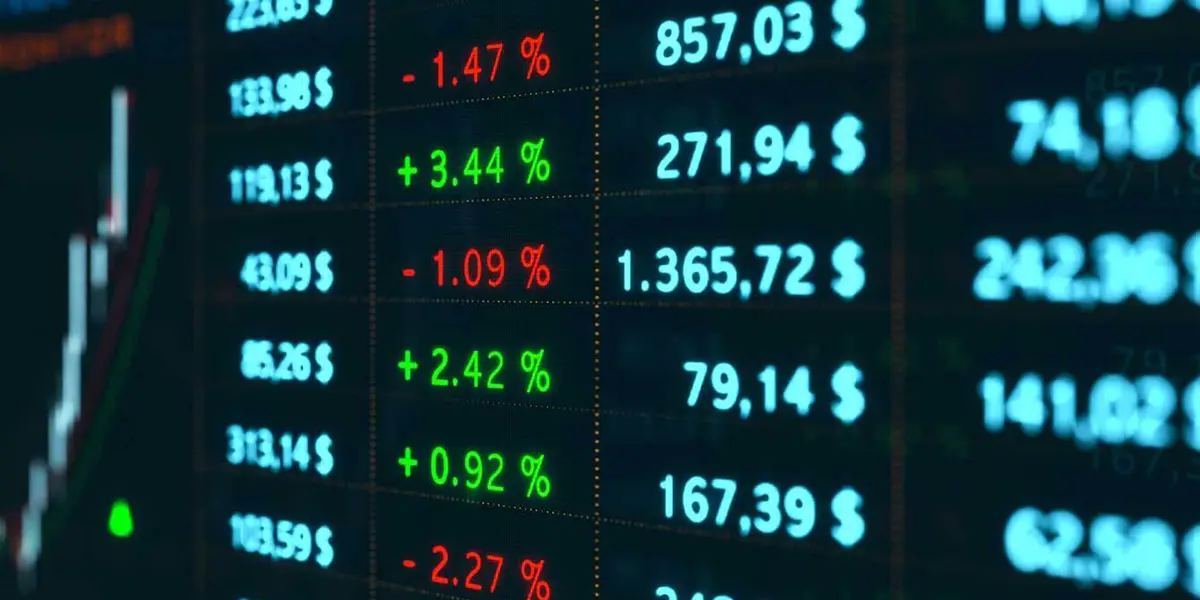So, the elections and debates are over, and Trump is again at the head of the White House. The whole world is watching his every move closely. And there’s something to watch — his policies are often quite unexpected. Are changes coming to real estate? Investors want to know what the new Trump real estate policy might look like and how it could change the US investment climate. In this article, we’ll look at how these changes might shape the future of real estate and why it’s important to stay updated.
Trump’s Economic Vision and Investor Climate
One of Trump’s main promises is to lower taxes for people and businesses. This could affect how much money is invested in the U.S. and from other countries. He wants to support American companies by cutting taxes and bringing more business back to the country.
Changes to US property tax structures are expected, potentially making U.S. real estate more attractive to foreign and domestic investors. There is speculation that real estate deregulation will boost the housing market, particularly in commercial and luxury real estate sectors. This could lead to more streamlined processes, offering greater flexibility for investors.

Trade, Tariffs, and Global Capital Movement
The U.S. government has added big taxes (called tariffs) on products from other countries to protect American businesses. Most imports now have a 10% tariff, cars and car parts have a 25% tariff, and goods from China have a very high 145% tariff. In response, China added up to 125% tariffs on American products. This back-and-forth has made trade tense and caused more ups and downs in the global market.
These developments have prompted investors to reassess their strategies. Here’s a look at some of the key tariffs:
These tariffs have triggered a shift in global investment flows. With the U.S. imposing higher tariffs, investors are seeking more stable regions. This trend is particularly noticeable in global real estate shifts, as foreign investments in U.S. properties are increasingly rerouted to safer options like Europe and Cyprus.
Real Estate Segments: Winners and Losers
Some areas of real estate, like luxury and commercial properties, might do well if rules become less strict. For example, if the government lowers building codes or tax laws, it could make it easier and cheaper for developers to build big, fancy buildings or office spaces. This could mean more projects and higher returns for investors.
But not all parts of the market will be this lucky. The residential real estate market, where most people buy homes, could face some real challenges. When the economy is uncertain and global tensions are high, people may worry about their financial future. As a result, potential homebuyers might delay their plans or decide not to buy at all. They may be unsure if it’s the right time to make such a big investment while the Trump and housing market remain unpredictable.
The Role of Foreign Investors in the New Political Context

Foreign investors may encounter several challenges as the U.S. shifts its focus inward and adjusts policies. Here's a breakdown of these issues:
- Fluctuating Market Conditions: As tariffs and regulations change, the foreign investors USA market will experience more fluctuations. This makes it harder to predict the future stability of investments in the U.S.
- Higher Taxes: New tax rules might make it harder for foreign investors to earn profits. Sudden changes or bigger taxes could mean smaller returns and more paperwork.
- Visa Problems: Stricter visa rules might make it harder for investors to visit the U.S., check on their properties, or meet with local partners. This can make long-term investing more difficult.
- Money Movement Limits: The U.S. might control how money moves in and out of the country. This could stop investors from easily sending profits home or changing their investment plans.
- Looking Elsewhere: Because of these issues, many foreign investors may look at other places, like Europe or Cyprus, for safer and more stable investment options.
The U.S. market might seem too risky with tariffs, changing laws, and an unpredictable economy. This could scare off some international buyers.
Europe and Cyprus as Alternative Investment Destinations
With the uncertainty surrounding the US investment climate, investors are increasingly focusing on Europe and Cyprus. These regions offer relative stability, better tax incentives, and legal protections that can mitigate some of the risks currently in the U.S. market.
Cyprus, in particular, offers an appealing destination for investors looking for secure real estate opportunities. Its favorable tax system and strategic location make it an attractive alternative to the U.S. for many foreign investors. As trade tensions escalate, more investors will likely diversify their portfolios into stable European and Mediterranean markets.
Conclusion and Forecast for 2025–2026
Trump’s return to power brings fast and unpredictable changes and a sense of doubt to the U.S. real estate market. His tax cut, less regulation, and tough trade plans may alter how things work in 2025.
However, because these tariffs impact world trade, many investors are looking at more stable locations for new opportunities, such as Cyprus and Europe.
All foreign investors watch what Trump says and does. They want to avoid risks and choose safer options. Even when there’s no stability and no one knows what to expect — even by the end of the day, let alone the year — they still need to make smart choices and grow their money.






